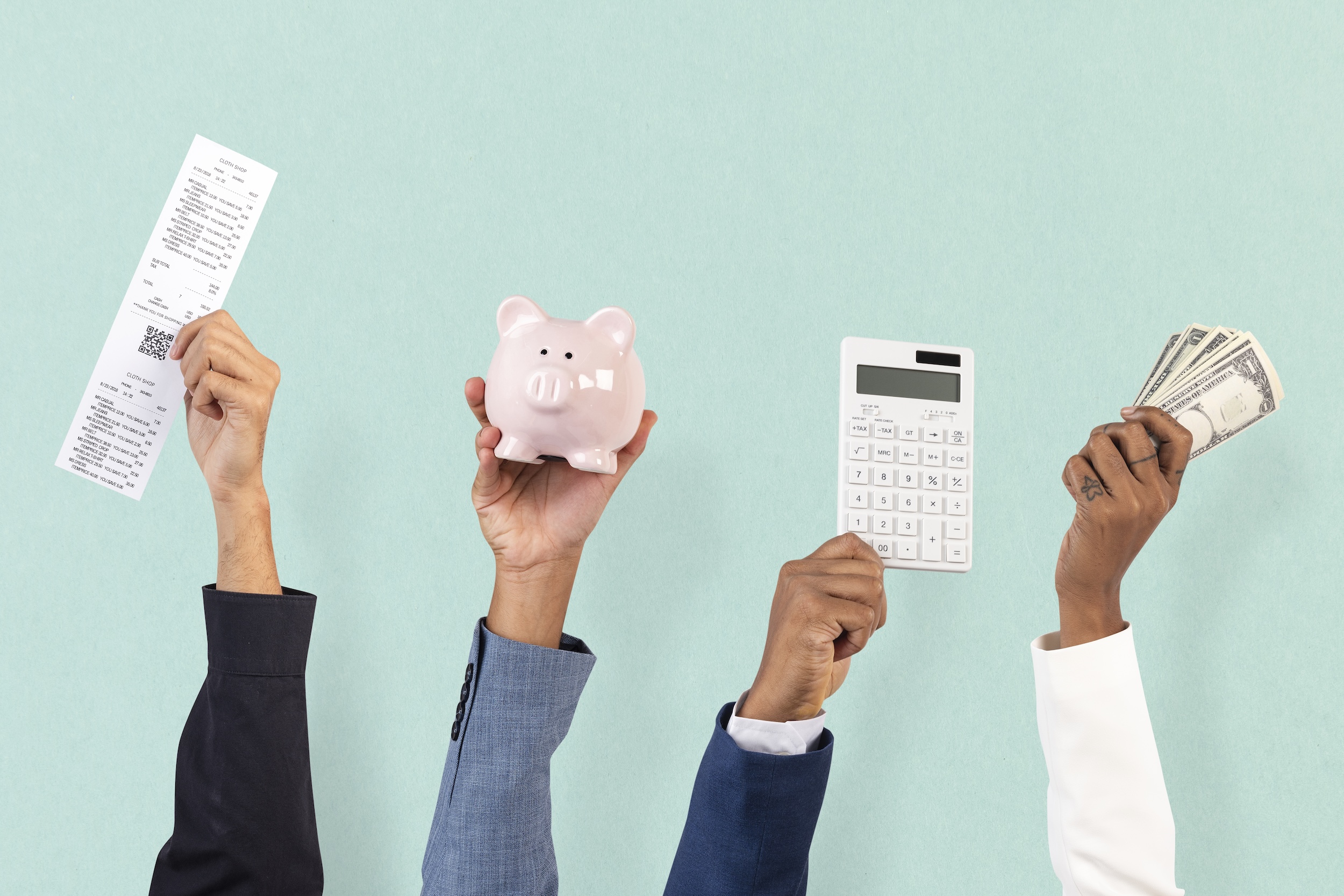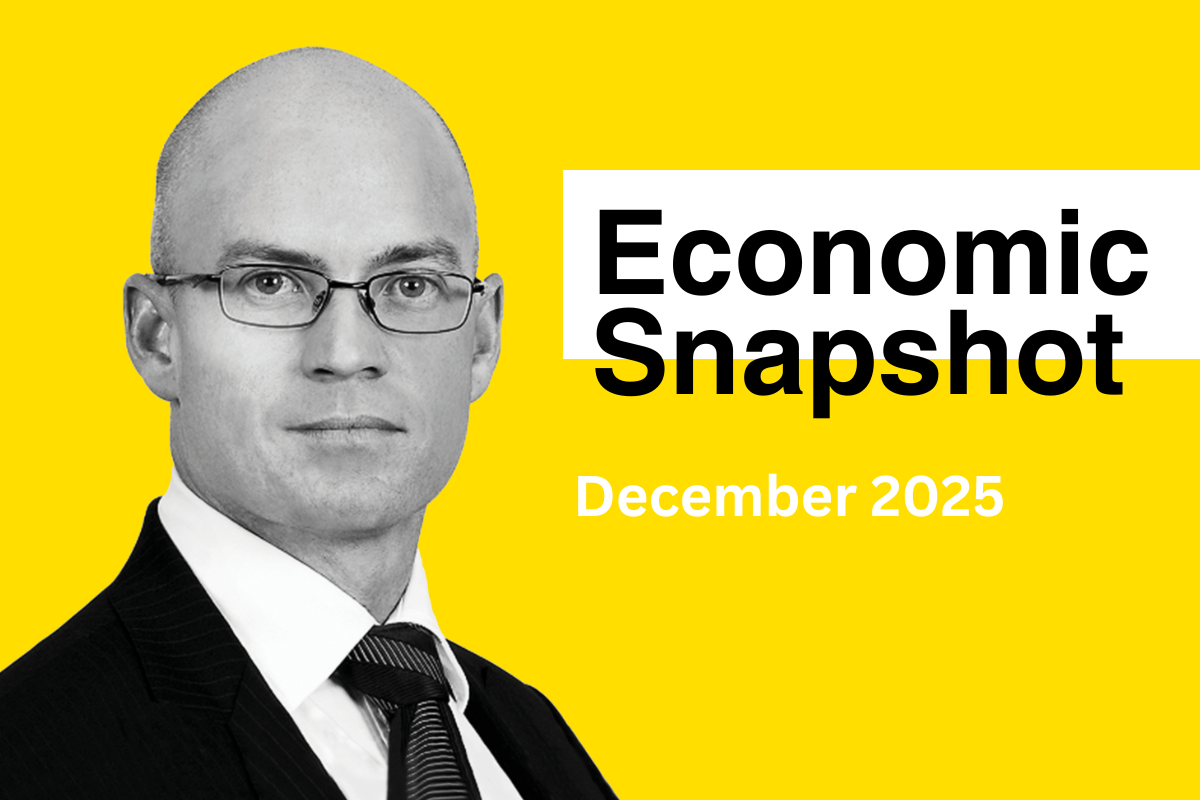Buy Now, Pay Later & Your Credit Score: What You Need to Know

Like many Aussies, you might have indulged in a little retail therapy using Buy Now, Pay Later (BNPL) services like Afterpay, Zip, or Klarna. BNPL lets you grab what you want today and pay it off over time – usually interest-free if you pay on schedule. It’s convenient and wildly popular, but have you ever wondered how these “shop now, pay later” habits might impact your credit score? In this post, we’ll have a friendly chat about what BNPL is, how it’s reported to credit bureaus (especially with new rules in 2025), and ways late payments or heavy BNPL use could hurt your credit. We’ll also dish out some recent stats on BNPL usage in Australia, look at how big BNPL providers handle credit reporting, and share tips to use BNPL responsibly. Let’s dive in!
What is BNPL and How Does It Work in Australia?
Buy Now, Pay Later is basically a modern twist on lay-by, except you get your goodies upfront. A BNPL service covers your purchase now and you repay the balance in a series of smaller instalments (often split into four payments over a few weeks). As long as you pay on time, you typically won’t be charged interest – the service makes money from retailer fees or late fees, not interest. In Australia, there are plenty of BNPL options, with Afterpay, Zip, Klarna, and Humm among the well-known providers. Each works a bit differently (for example, Afterpay usually auto-charges fortnightly, while Zip lets you choose weekly, fortnightly or monthly repayments), but the core idea is the same: instant gratification, deferred payment.
BNPL has become super popular here. In fact, Australians have embraced BNPL in a big way – millions of Australians use BNPL services, spending $15.3 billion across about 7 million accounts in the 2021–22 financial year. Usage spiked during the early 2020s: at one point in 2022 almost half of Aussie adults (49%) had used a BNPL service in the previous 6 months. That rate has settled down a bit (around 41% by late 2024), but it’s clear BNPL is still a common way to pay. With so many people using Afterpay or its rivals for everything from fashion to furniture, it’s important to understand if and how those pay-later purchases might show up on your credit record.
BNPL and Credit Scores: The Basics
Does using BNPL affect your credit score? The short answer: it can, depending on how you use it and how the provider operates. BNPL services weren’t always treated like “normal” credit in Australia, but that’s changing. Here are the main ways BNPL can intersect with your credit score:
Credit Checks (Enquiries) for BNPL Accounts
When you apply for a new BNPL account, the provider might perform a credit check – and that can leave a footprint on your credit report. Historically, many BNPL companies didn’t do credit checks at sign-up (Afterpay famously used to skip them), but under new regulations from June 2025, BNPL providers must do at least a basic credit check and hold a credit licence, just like other lenders. This means signing up for Afterpay, Zip, Klarna, etc., could now involve a formal credit inquiry.
-
A soft check (if done) doesn’t impact your score, but a hard check will be recorded as a credit enquiry on your file. One inquiry isn’t a big deal, but multiple new credit applications in a short time can ding your score a bit. For example, Zip has always conducted credit checks for new customers, which shows up as an enquiry and might temporarily shave a few points off your score. Afterpay, as of June 2025, also began checking credit for new customers or when you seek higher spending limits. These inquiries are visible to other lenders on your report.
Friendly tip: Try not to open too many BNPL accounts at once. Each application could mean another enquiry on your credit report, and a cluster of those in a short time might make you look a tad credit-hungry to lenders.
Payment History: Late Payments and Defaults
Here’s where BNPL can really hurt if things go wrong. Missing BNPL payments or defaulting on what you owe can impact your credit score much like a missed loan or credit card payment would. The catch is that on-time BNPL payments usually aren’t reported to the credit bureaus (so they won’t boost your score), but serious delinquencies are reported.
-
Late payments: If you fall behind, most BNPL providers charge late fees, and if the lateness is significant, they can escalate the issue. Typically, if you’re over 60 days behind on a payment and owe more than $150, the provider (or a debt collector they assign) can lodge a default on your credit report. They are required to send you notices (usually two warnings) before listing a default, but if you still don’t pay, that black mark can go on your record. Such a default listing can knock your credit score down substantially and sticks on your report for two years even after you’ve paid the debt. (If you negotiate a hardship arrangement, that fact can show on your report for a year too.)
-
“Buy now, pain later” – defaults really hurt: A BNPL default is treated much like any other loan default. It signals to future lenders that you didn’t repay a debt, which can make them reluctant to approve you for new credit. Missed BNPL payments or defaults could jeopardize bigger goals – for instance, some mortgage lenders have noted that heavy BNPL use or any defaults can be red flags when you apply for a home loan.
-
On-time payments: Here’s an ironic part – paying all your BNPL instalments on schedule usually won’t improve your credit score. Many BNPL companies (especially before 2025) haven’t been reporting positive repayment history to the credit bureaus. Because BNPL wasn’t under the credit act until now, not all providers held an Australian Credit Licence or shared data, so your good behaviour often flew under the radar. The new regulations might change this over time, but as of 2025, a missed payment can hurt you, while a timely payment might not help you as much as, say, paying off a credit card on time would. In short, there’s little upside to your credit file for using BNPL responsibly – only downside if you mess up.
BNPL Overload: Multiple Accounts and Overspending
Using BNPL here and there isn’t necessarily a credit score killer, but using it everywhere for everything could pose risks. If you juggle many BNPL accounts, it can signal potential financial stress to lenders checking your profile. Even if each BNPL isn’t listed on the credit report, any required credit checks will show, and lenders may also review your bank statements for BNPL transactions.
-
Multiple BNPL accounts: Having lots of active BNPL plans could make a lender think you’re overcommitted. In fact, multiple BNPL accounts can suggest financial instability and make other lenders wary of your ability to manage debt. It might not directly drop your numeric credit score unless those accounts are all doing credit enquiries or you start missing payments, but it can affect how a human loan assessor views your application. Plus, the more accounts you have, the easier it is to lose track and accidentally pay one late.
-
The temptation to overspend: BNPL’s “buy now, worry later” vibe can lead to spending beyond your means. It’s easy to rack up $50 here, $100 there across different services. This won’t immediately reflect on your credit report, but it can indirectly lead to trouble – like maxing out your budget, then missing a payment or relying on other credit to catch up. Overspending and taking on more installments than you can handle is a quick route to debt stress, which, if it leads to missed payments, will hurt your credit.
Bottom line: BNPL is credit with a casual spin, but it’s still credit. Treat it with the same respect you’d give a loan or credit card. Next, let’s see how some popular BNPL providers in Australia handle credit reporting under these new rules.
How Top BNPL Providers Handle Credit Reporting (Afterpay, Zip, Klarna & More)
Different BNPL companies have had different approaches to credit checks and reporting. Here’s a quick rundown of what to expect from some of the big names in 2025:
-
Afterpay: For years, Afterpay’s appeal was “no credit check, no worries” – they didn’t perform hard credit checks to sign you up. However, due to the regulatory changes, Afterpay announced that from June 10, 2025 they will conduct credit checks for all new customers (and possibly when you request a higher spending limit). This means an Afterpay application could show up as an enquiry on your credit file now. The good news: Afterpay says a bad credit score won’t automatically disqualify you or lower your spending limit; they’re just using the info as one factor. Also, Afterpay is not yet reporting your ongoing BNPL activity to credit bureaus – they share your details with bureaus for those checks (so the enquiry is visible), but they do not report your repayment history or current limits as of 2025. They’ve indicated if they ever start full reporting, they’ll let users know first. Of course, if you completely default on an Afterpay debt, that could end up listed like any other default, but routine on-time purchases won’t be recorded on your credit report by Afterpay at this stage.
-
Zip (Zip Pay/Zip Money): Zip has generally operated more like a traditional credit product. Zip does a credit check when you apply, which leaves a record on your report. Zip also offers higher limit products (Zip Money) that function similarly to a line of credit, complete with interest after a promo period. Officially, Zip has the ability to report your account to credit bureaus. In practice, Zip usually won’t report your day-to-day usage or balance unless things go wrong, but if you miss payments or default, they may report that to the credit reporting bodies, which can then damage your score. In short: a Zip enquiry will show up, and a serious delinquency will show up – but responsible use might not show up positively on your file beyond the inquiry. (Keep in mind, though, that Australia has comprehensive credit reporting, so in the future Zip could choose to report positive repayment history since they are a licensed credit provider.)
-
Klarna: Klarna entered the Aussie market more recently. Klarna performs a credit check when you use certain products (like their Pay in 4 instalments) to assess your eligibility. They often use a soft credit check for their short-term BNPL plans, which doesn’t impact your score, but for longer-term financing they might do a hard check. Klarna’s checks (hard inquiries) would appear on your report and could be seen by other lenders. As for reporting payments, Klarna has generally not reported positive repayment history in markets like Australia. They’ve even stated in some regions that they don’t report BNPL use to bureaus because of concerns about how bureaus handle that data. However, if you default on a Klarna payment, you can bet it may be passed on to collectors and potentially listed on your credit file like any other unpaid debt.
-
Humm (and others): Humm (formerly Certegy, under Humm Group) offers BNPL for both small and larger purchases (even up to 24-month plans for bigger buys). Humm does require a credit check for higher limits or longer-term plans, so those applications can show on your file. They will also likely report any defaults. Smaller BNPL players like Latitude, Openpay etc., are all being corralled into the new credit regulations too. The gist is that any BNPL provider operating under the new law will have to vet customers (credit checks) and will be expected to uphold responsible lending standards, which could include sharing data with credit bureaus over time. If you’re unsure, check the provider’s terms or FAQs about credit reporting. And remember: even if a BNPL service doesn’t actively report your good behavior, you’re still on the hook to pay them back, and they can report defaults.
Tips for Using BNPL Responsibly (and Protecting Your Credit)
BNPL can be a handy tool – no interest, easy instalments – but it should be used wisely, especially now that it’s under more scrutiny. Here are some practical tips to keep your finances and credit score safe while using BNPL:
-
Pay on time, every time. This is rule #1. Set reminders or enable auto-pay on your BNPL accounts so you don’t miss a due date. Missing payments not only racks up late fees, it can lead to marks on your credit report. Treat those instalment due dates like you would a credit card bill or loan payment in terms of priority.
-
Only buy what you can afford to repay. BNPL isn’t free money – you’ll have to cough up those payments soon. Avoid the trap of using multiple BNPL services to spend beyond your budget. Before you click that Pay Later button, be honest: will you have the cash to pay these instalments out of your next few paycheques? If not, step away from the cart!
-
Limit the number of BNPL accounts you use. It might be tempting to have Afterpay, Zip, Klarna and a few others on the go, but juggling many plans makes it easy to lose track. Plus, with new credit checks in play, applying for too many services can pepper your credit report with enquiries. Try to stick to one (or only a couple) of BNPL providers that you really need. Fewer accounts = fewer fees, fewer credit checks, and fewer chances to slip up.
-
Budget BNPL into your finances. When planning your monthly budget, treat BNPL repayments like any other bill. Mark down how much of your pay is going to Afterpay or Zip this month and make sure you’ve allocated enough to cover it. If you find your BNPL repayments are eating up a big chunk of your income, it’s a sign you should scale back.
-
Know your BNPL provider’s policies. Take a moment to skim the terms and conditions of your BNPL service. Check if they do a credit check when you sign up, what fees they charge for late payments, and how they handle missed payments or hardship. Knowing, for example, that Afterpay will give you two warning notices before listing a default, or that Zip charges a monthly fee if you carry a balance, can help you avoid nasty surprises.
-
Avoid BNPL if you’re seeking a big loan soon. If you’re planning to apply for a mortgage or car loan in the near future, consider pressing pause on BNPL. Even if you have a perfect BNPL record, lenders might view multiple BNPL purchases as a sign of over-commitment. Plus, you want your credit report to be as clean as possible – no recent enquiries or new debts. It might be wise to pay off any outstanding BNPL balances and close unused accounts before a major loan application, just to present your best financial self.
-
Ask for help if you get in trouble. Life happens – if you can’t pay an instalment on time, contact your BNPL provider. They now have to follow stricter hardship and collection standards (thanks to the new regulations). They might work out a payment plan with you. Don’t just let a BNPL debt slide into default; that’ll hurt your credit far more. It’s always better to communicate and find a solution.
Wrap-Up: Key Takeaways
-
BNPL = credit (with a casual spin). Even though it feels different from a loan or credit card, using BNPL is borrowing money. New regulations recognise this, bringing BNPL under standard credit laws. Treat your BNPL obligations seriously to avoid credit headaches.
-
Credit score impacts are mostly on the downside. Most BNPL providers now perform credit checks, which can show up as inquiries on your credit report. They typically don’t report positive repayment history, so paying on time won’t boost your score – but if you default or severely miss payments, it can be reported and will hurt your score. In other words, BNPL won’t build your credit, but it can break it.
-
BNPL usage is huge in Australia, so lenders are paying attention. With around 2 in 5 Australians using BNPL in any six-month period, it’s become mainstream. Lenders and credit bureaus know this – hence the push for regulation. If you have many BNPL accounts or high balances, it might raise eyebrows when you apply for other loans. Use BNPL in moderation.
-
Responsible BNPL use is key. To keep your credit score safe: pay every instalment on time, keep your BNPL balances manageable, and limit how many services you use. Make BNPL part of your budget, not an extra budget on top. And if you’re ever unsure, remember you can always opt to save up and pay the old-fashioned way instead!
Any advice is general in nature only and has been prepared without considering your needs, objectives or financial situation. Before acting on it, you should consider its appropriateness for you, having regard to those factors. Before making any decision about whether to acquire a financial product, you should obtain the Product Disclosure Statement.
Latest News Articles
Back to Latest News
What a Financial Plan Actually Looks Like

Realistic Budgeting Tips for Australians in 2026


